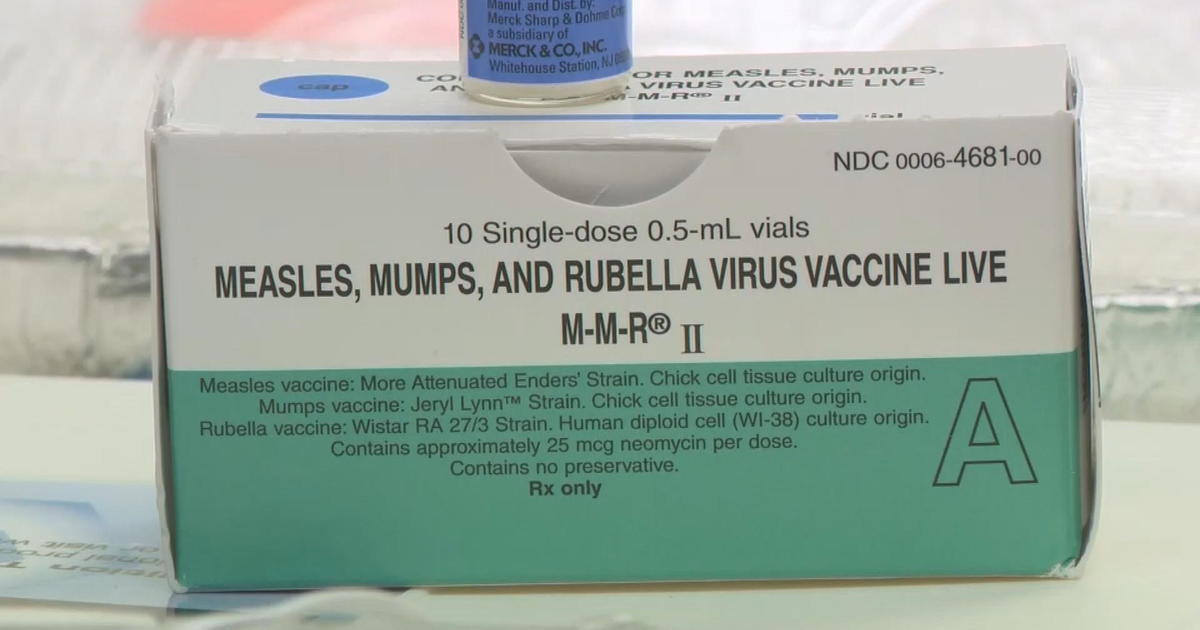WHO: Mosquito-Borne Zika Virus 'Spreading Explosively'
PHILADELPHIA (CBS) -- The mosquito carrying Zika virus is now "spreading explosively," according to the World Health Organization. 3-4 million infections, that can cause birth defects, are predicted in the next year.
The health departments in Pennsylvania and Delaware say they are no confirmed cases of the Zika virus.
In New Jersey, there was one travel related case last year, and that person, who's from Colombia, recovered and returned to South America.
That's where the biggest threat is right now. As crews in Brazil spray insecticide to kill the mosquitos that carry the Zika virus, the World Health Organization announced it will hold an emergency meeting Monday to decide if the virus should be declared an international health emergency.
Officials suspect the virus is responsible for a spike in the number of babies born with abnormally small heads in Brazil.
"The increased incidence of microcephaly is particularly alarming," Dr. Margaret Chan, WHO Director-General, said.
The UN health agency estimates 3-4 million cases of Zika infection are possible in the Americas over the next year.
CDC officials say the disease is now in more than 20 countries, mostly in Central and South America.
But U.S. health officials say as with other mosquito-borne illnesses, they expect the number of cases here to remain small.
"We do not believe there will be a major outbreak of Zika in the United States," Dr. Anthony Fauci, Director of the National Institute of Allergy & Infections Disease, said.
With almost all of the cases among people who traveled abroad, health officials urge pregnant women not to travel to the affected regions.
Dr. Owen Montgomery, an obstetrician at Hahnemman University Hospital, agrees.
"I think right now that pregnant women and women who are trying to become pregnant should heed the cautions from the CDC and soon from the WHO about travel to areas in which the Zika virus has been found," Dr. Montgomery explained.
He wants patients to remain calm.
"Anything which has a potential life threatening effect on our unborn babies is a major concern and we need to take it seriously. But I don't think it's time to panic."



